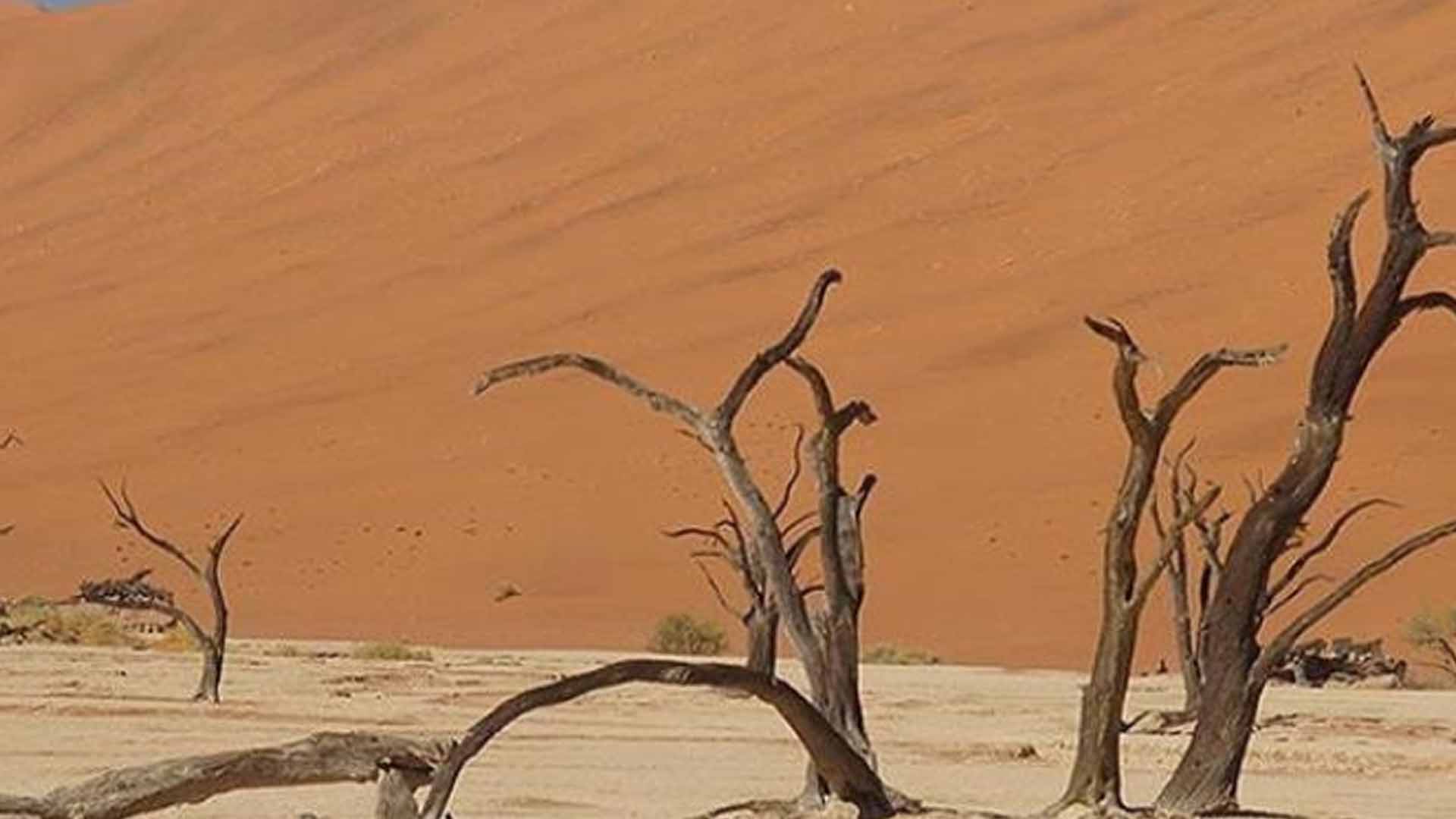The media has to be “more confident and ambitious” in covering the entire picture on climate change, a former Portuguese official said on Tuesday.
“The media has to give us the input from normal people and how they are suffering from climate change,” Bruno Macaes, a former secretary of state for European affairs, told Anadolu Agency.
Macaes argued that the media should not only be covering scientists’ views — “they have to do their own work because the problem with scientists is that they are extremely specialized.”
“Scientists will tell us how the planet is changing but it has to be the media to tell us how everyday life is changing,” he underlined. “It’s not going to be scientists to tell us how a farmer in Ethiopia is suffering from climate change already, or how older people in some Italian city now have to deal with much higher temperatures and how that affects their lives and their health.”
Macaes was speaking ahead of Anadolu Agency’s Environment Forum, set to start on Thursday in Istanbul and expected to bring together local and foreign non-governmental organizations, as well as representatives of media and international groups, politicians, and academics.
Responsibility sharing will be a major theme at the event, with an agenda including issues from the media’s responsibility on climate change and its approach to natural disasters and the climate crisis to clean energy use for sustainable development.
Macaes said climate change coverage should not be a scientific task, but rather one for reporters to go out and find regular people and to tell the story of their impressions of how the world is changing.
“I don’t see enough of this. There’s a bit of it and more each year. But, that’s an important role,” he added.
Macaes said many of the effects of the coronavirus outbreak would re-emerge as the climate crisis unfolds, from lockdowns to breakdowns in supply chains to health crises and new pandemics, which he said would also result from varying temperatures as a result of changes in climate.
“The pandemic lasted two years, and the climate crisis may well be the rest of the century,” he underlined, adding that despite the magnitude of the issue, only small parts of it has so far been filtered to public debate.
“My hope here is that more and more dimensions of the problem start to appear in the public debate. So far, it’s been very limited and the media is critical,” he added.
Expectations from COP27
On this year’s upcoming COP27 climate summit in Egypt, Macaes said there was much less public attention than there was the COP26 conference last year in Glasgow, Scotland.
“I think most people are not even aware it’s happening, which is not a good sign. It seems to me that the cause is that people are so focused on the geopolitical crisis and the energy crisis, and they don’t have the bandwidth to deal with this,” he said.
But that’s a real big problem, he warned, adding that it would be even more difficult to address the climate crisis in the next decade, during which many other immediate problems are likely to emerge.
“I suspect, and I’m afraid, very concerned, that when we have an energy crisis, the public will be more concerned with the immediate emergency of solving the energy crisis and less receptive to discussions about climate,” he said.
Underlining the importance of events like Anadolu Agency’s Environment Forum in getting different actors and perspectives to communicate, he said:
“I was glad that there’s a forum in Istanbul to try to fight this tendency to forget about the climate crisis, and as part of the effort to bring it back to the top of our discussions and again to realize that everything is connected and that the energy crisis can actually only be solved together with the climate transition.” (PNA)







